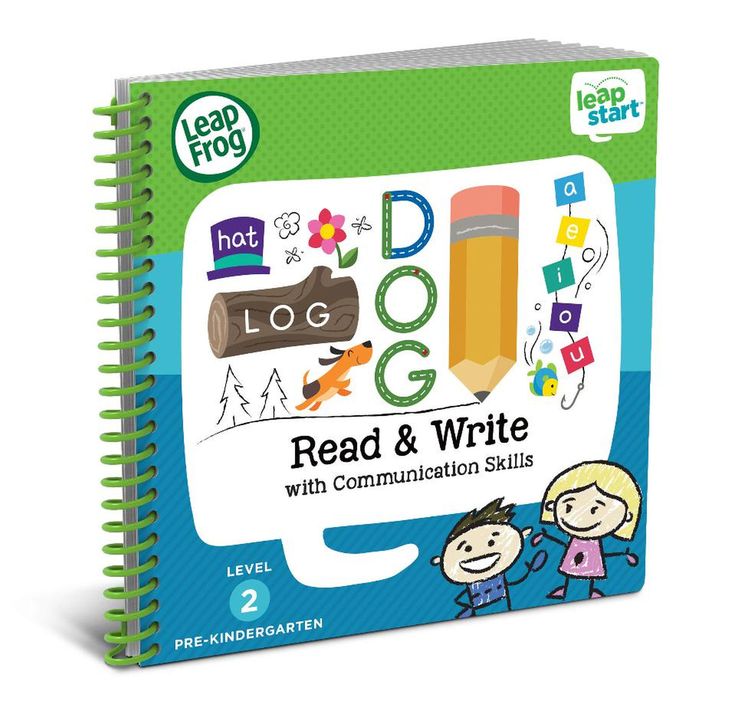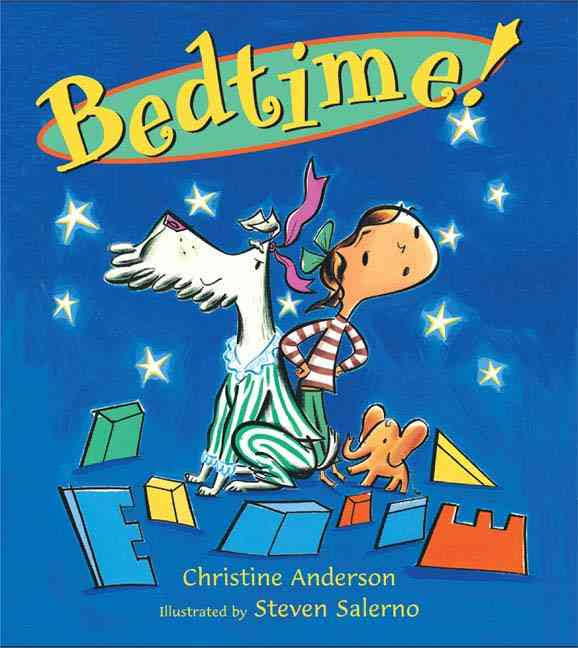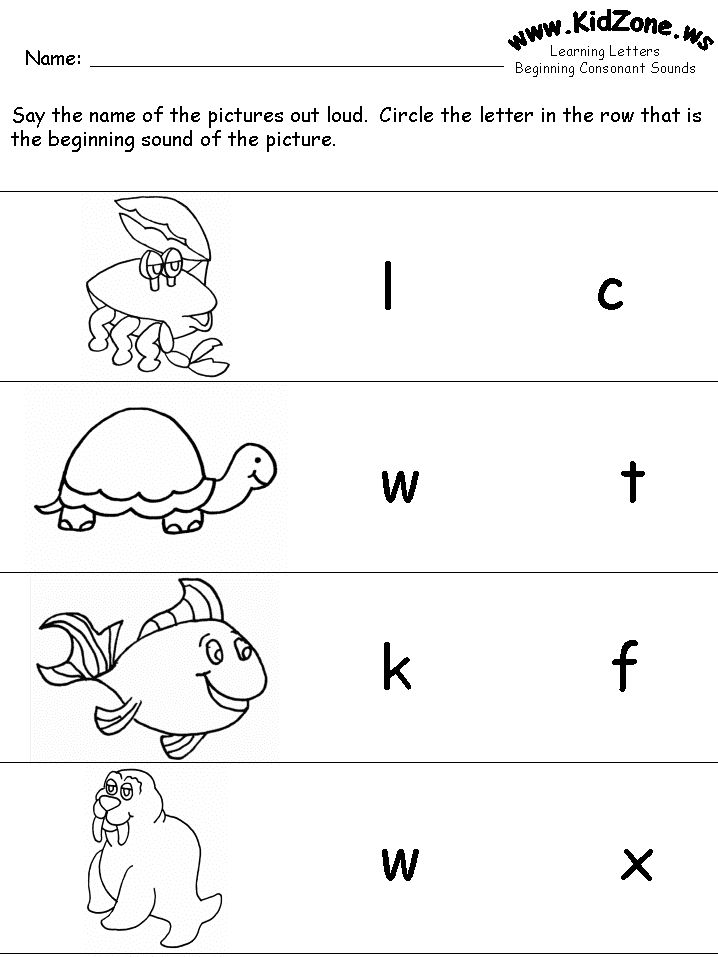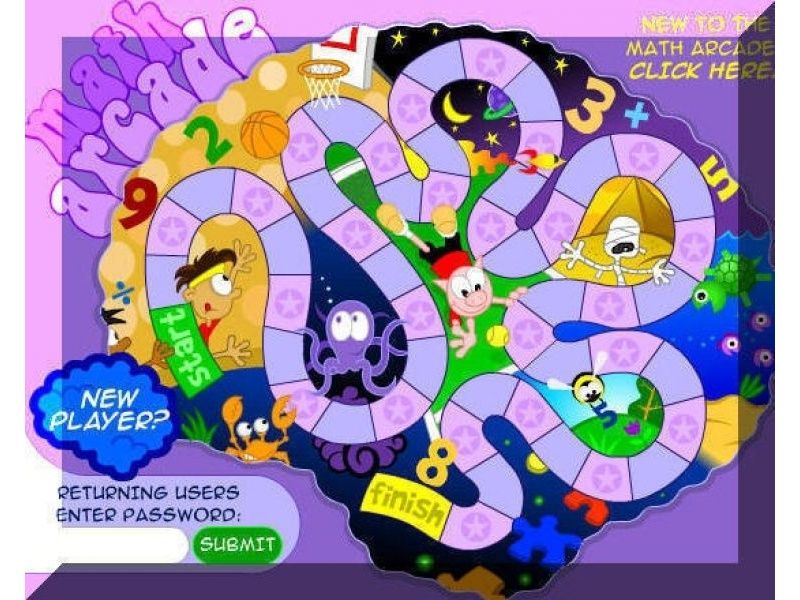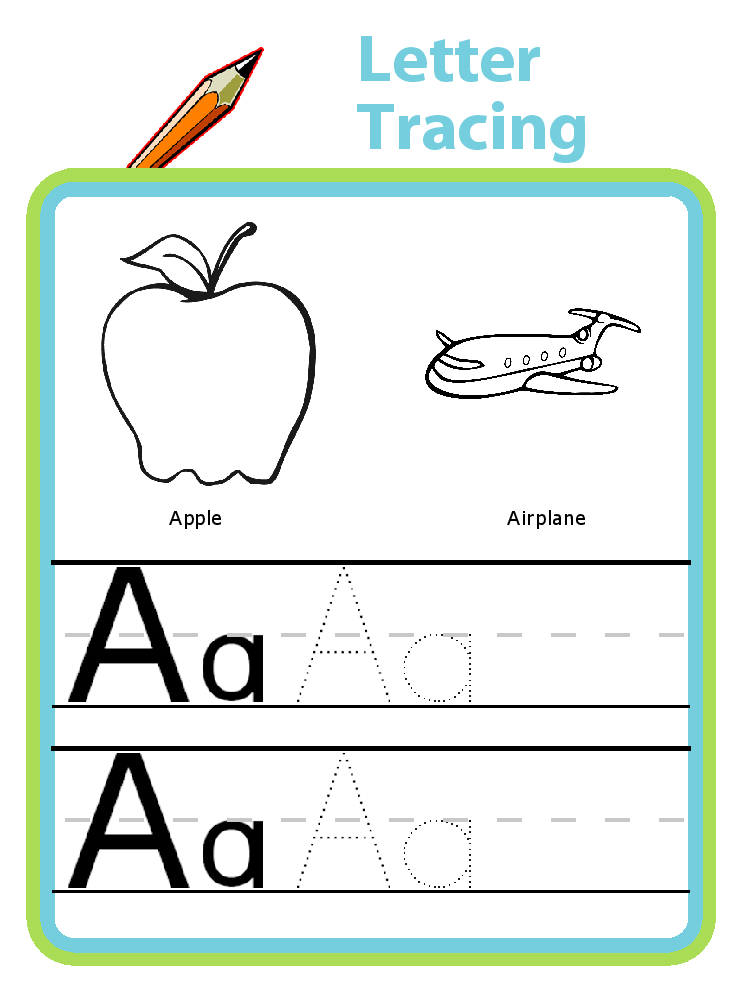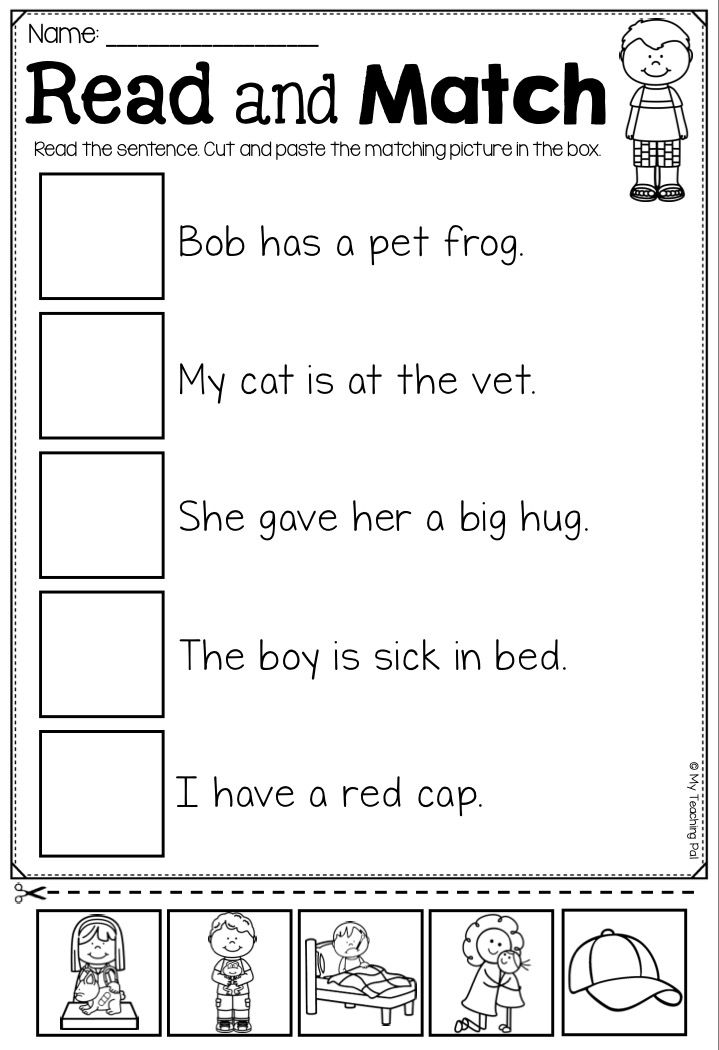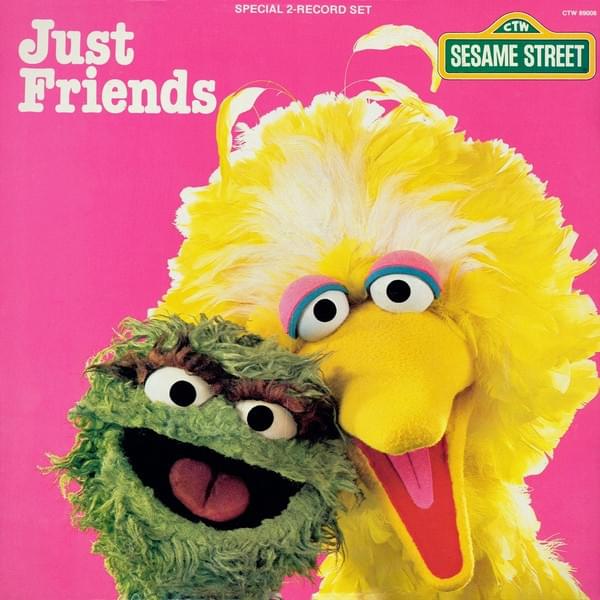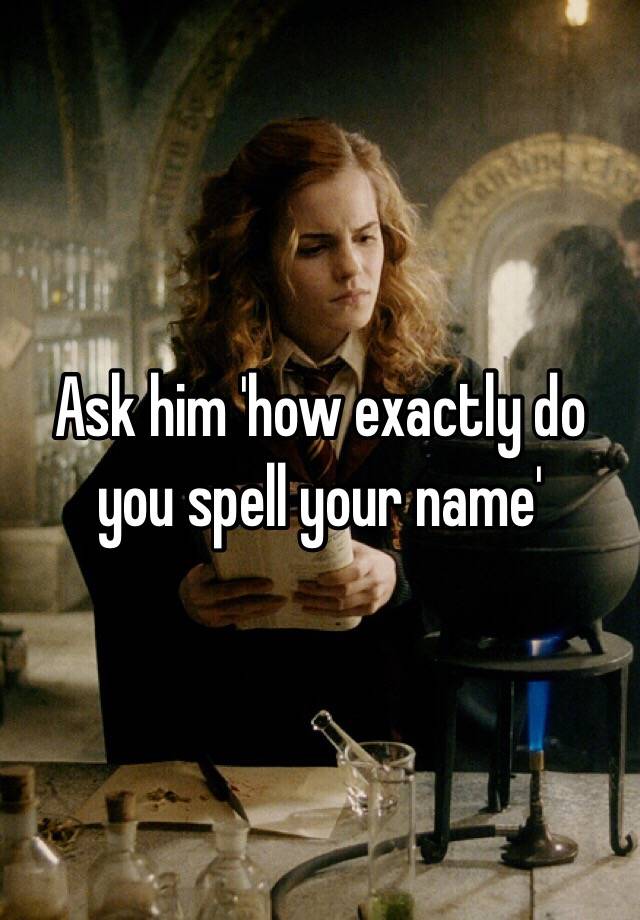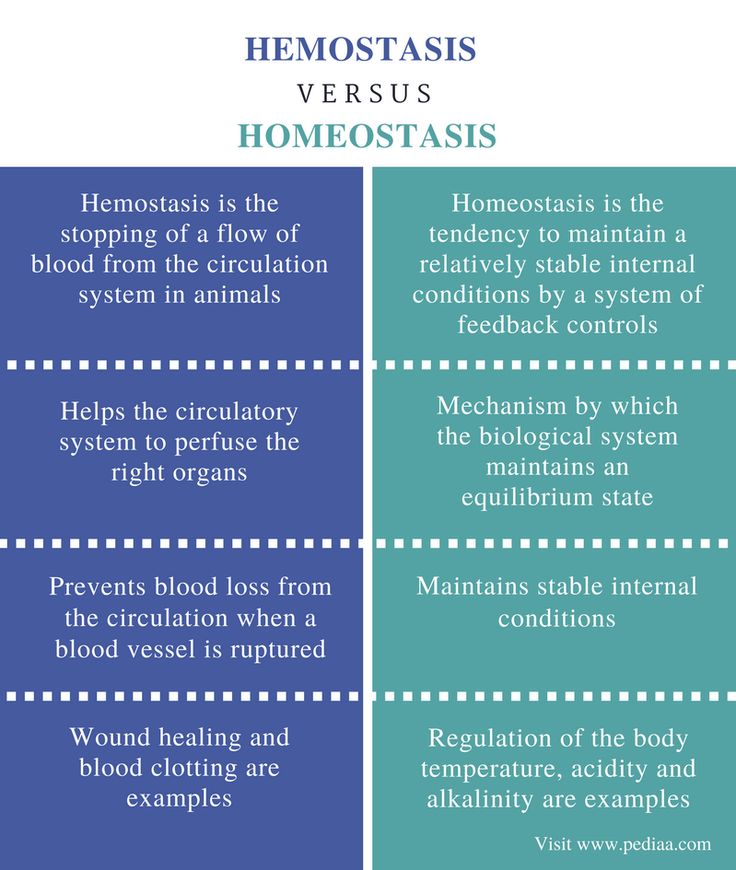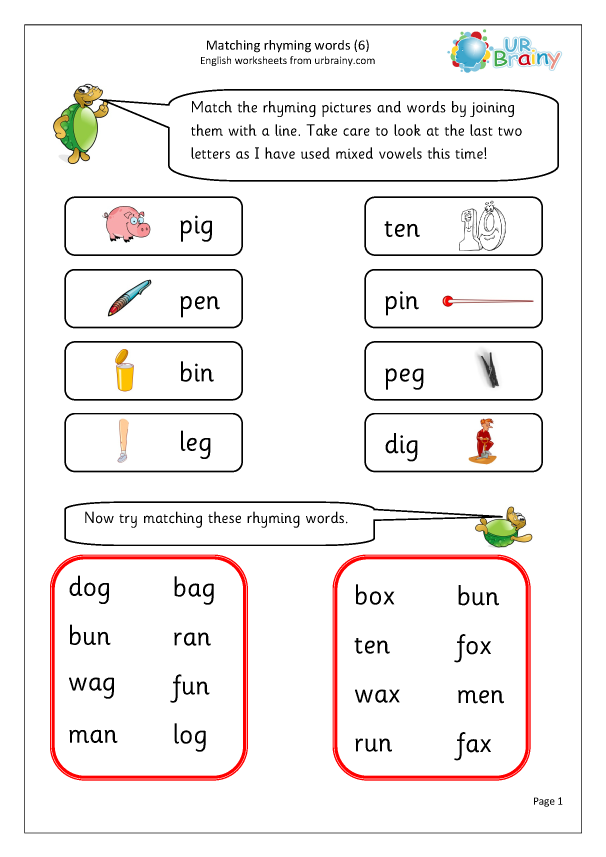Life skills for kindergarten
Incoming Kindergarteners Need to Know Key Life Skills
It’s no surprise that academic rigor has become the main focus of kindergarten in the United States. Kindergarten teachers are expected to teach a total of 98 academic standards to their class of 20+ five-year-olds. Those 98 standards were written with the assumption that these five-year-olds are entering kindergarten with a mile long list of academic skills. But how do you even begin to teach academics to kids that haven’t even learned to sit and listen to a story? It’s critical that incoming kindergartners know life skills first.
Thanks to the internet, I reached out to over 70 Kindergarten teachers across the U.S. and asked them:
“What skills do you wish every incoming kindergartner would have mastered when they come to your classroom on the first day of school?”
Out of the 73 responses, only 9 of them were academic related. All other responses were life skills.
Here are the life skills you should teach your child before they enter kindergarten
Get all of these skills in a printable checklist here!
Using the restroom
Teach them how to:
- Flush the toilet.
- Use a urinal without pulling their pants down.
- Wipe themselves.
- Shut and lock a bathroom stall door.
- Undo clothing.
Eating lunch
Teach them how to:
- Open a milk carton.
- Open string cheese.
- Open every item in their lunchbox independently.
- Clean up at the end of lunch.
- Determine what to throw away vs. what to keep (disposable vs. reusable).
- Know if they brought a lunchbox that day.
- Know how to put their lunchbox in their backpack.
- Know what their lunchbox looks like
Properly adjust clothing
Teach them how to:
- Zip, button, snap, tie.
- Put on a jacket.
- Fasten their belt.
- Tie or velcro their shoes.
- Understand that they have to keep their clothes on at school.
Knowing their important family info
Teach them their:
- First and last name.
- Parents’ first and last name.
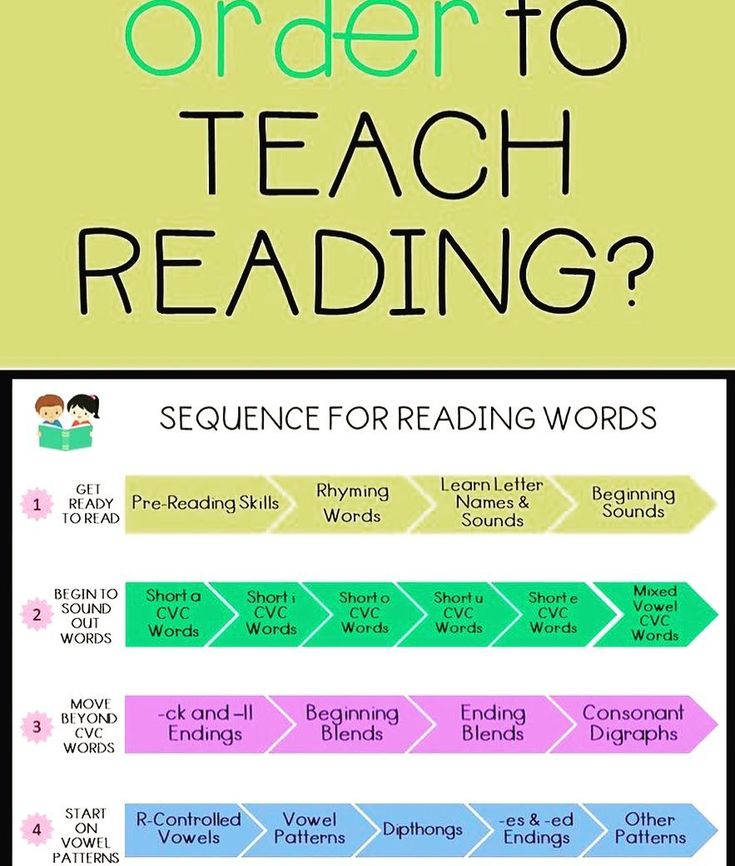
- Caretaker’s phone number.
Using proper social skills
Teach them to:
- Respectfully answer an adult.
- Respond when their name is called.
- Know to wait their turn.
- Gracefully lose.
- Be kind to one another.
- Know the difference between tattling vs. telling.
Behaving in a classroom
Teach them to:
- Sit in a chair.
- Know how to follow a two-step direction.
- Sit quietly and listen to a story.
- Keep hands to themselves.
- Know how to do NON-PREFERRED tasks (we have to let our kids be bored sometimes).
- Pack their backpack independently.
- Understand positional words.
- Blow their nose.
Using motor skills
Teach them to:
- Hold a pencil.
- Use crayons.
- Hold scissors.
- Roll play dough.
Why is teaching life skills so important?
Imagine that you have to teach the standard RL.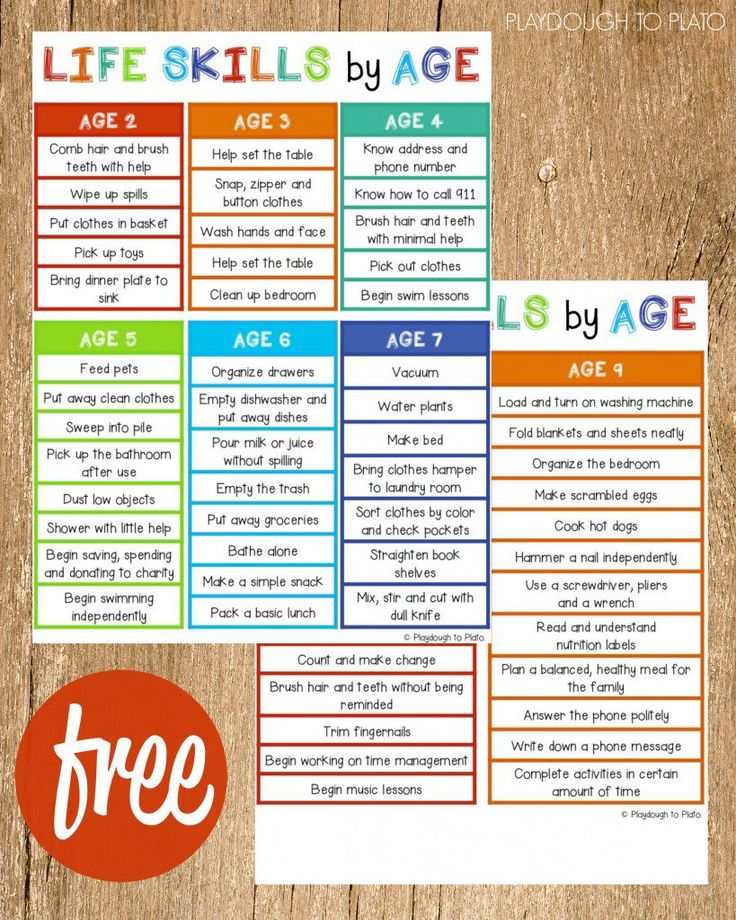 K.4 “Ask and answer questions about unknown words in a text.” (just one of those 98 standards you are held accountable for!).
K.4 “Ask and answer questions about unknown words in a text.” (just one of those 98 standards you are held accountable for!).
You have 30 minutes until lunchtime, which is just enough time to read a story. You ask students to follow a two-step direction of pushing their chairs under the desks and moving to sit their carpet spots. Unfortunately, four students haven’t learned this skill. So, one by one, you walk them to their spot. Then one student doesn’t know how to unbutton his pants and has to use the restroom, so you pause to help him. Another student has never learned to sit and listen to a story, so he rolls around the carpet. Unfortunately very few of your incoming kindergarteners knew the above life skills and now there’s only a few minutes left until lunch.
Perhaps you can read the story tomorrow.
I’m a teacher and a toddler mom, yet even I would have overlooked most of these life skills when preparing my little guy for school.
Why? It’s so much easier for me to just do these things FOR him. Is it really necessary to teach him all of these things?
Is it really necessary to teach him all of these things?
Yes. Yes, it is. And here’s why.
When he’s in the lunchroom with only 20 minutes to eat, and there are 50 other kindergartners that need their string cheese opened, I know that he will sit there for the entire 20 minutes waiting for help and forget to eat the rest of his food.
I get it now. Imagine the amount of time we would give back to our kindergarten teachers if every parent made sure their child knew these skills? Imagine how much more time they could devote to teaching those 98 academic standards.
What other life skills should incoming kindergartners know? Share in the comments below.
Want more articles like this? Make sure to subscribe to our newsletter!
Life Skills Kids Should Know Before Kindergarten – The Joy of Teaching
Sending your children to kindergarten is exciting, but it can also be stressful. How will they know what to do? What will they do without me? Will they listen and follow directions? You can alleviate some of these worries by teaching your children simple life skills that will prepare them for kindergarten and help them succeed at school.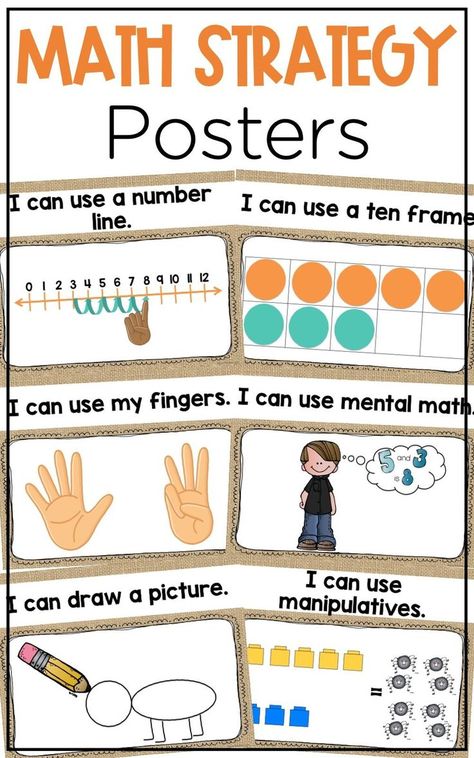 Tackle the life skills outlined below, one at a time, spending a week on each category. In three weeks, you’ll have helped your child be more self-sufficient and prepared him or her to be part of a kindergarten class!
Tackle the life skills outlined below, one at a time, spending a week on each category. In three weeks, you’ll have helped your child be more self-sufficient and prepared him or her to be part of a kindergarten class!
One of the best ways parents can prepare their child for kindergarten is to encourage independent self-care skills. Children need to develop their social and emotional intelligence and develop personal self-care skills in order to learn and thrive in school.
Here are a few ideas to help you foster your child’s self-care skills to get ready for kindergarten.
Download your free printable kindergarten life-skills checklist here!
1. Doing Tasks Independently
Encouraging independence is a great way to strengthen children’s self-help skills. Before entering kindergarten, children should know how to do tasks independently. Start practicing these new skills a few months before school starts to give your child time to get comfortable with them.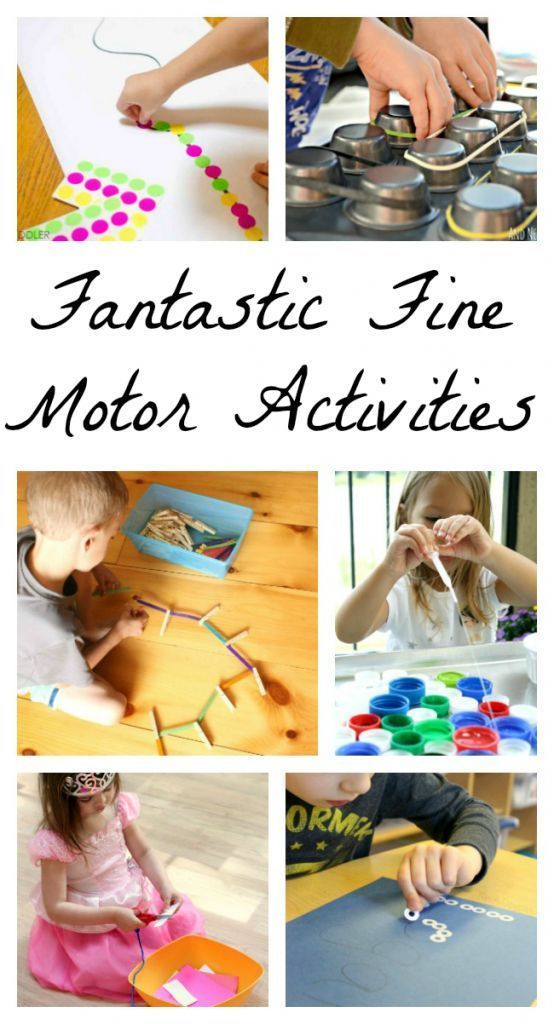
Bathroom and Self-Care
- How to flush the toilet
- How to use toilet paper properly (how much to use)
- How to wash hands (and knowing its importance)
- How to give others privacy (when bathrooms have more than one stall)
- How to blow his or her nose
Clothing
- How to get dressed
- How to unbutton and unzip clothing
- How to take off a jacket and shoes
- How to tie shoes
Mealtime Etiquette
- How to open and close lunch boxes and containers
- How to open packaging such as straws, milk containers, and juice boxes
- How to use utensils and to not play with food
- How to use napkins to clean hands and wipe face
- How to stay seated while eating
Cleanup
- How to pick up toys after playing
- How to put pieces to a game or puzzle back in the box
- How to clean up room
As your child practices these important milestones, remind him or her that it is always okay to ask for help, but encourage your child to try them alone first.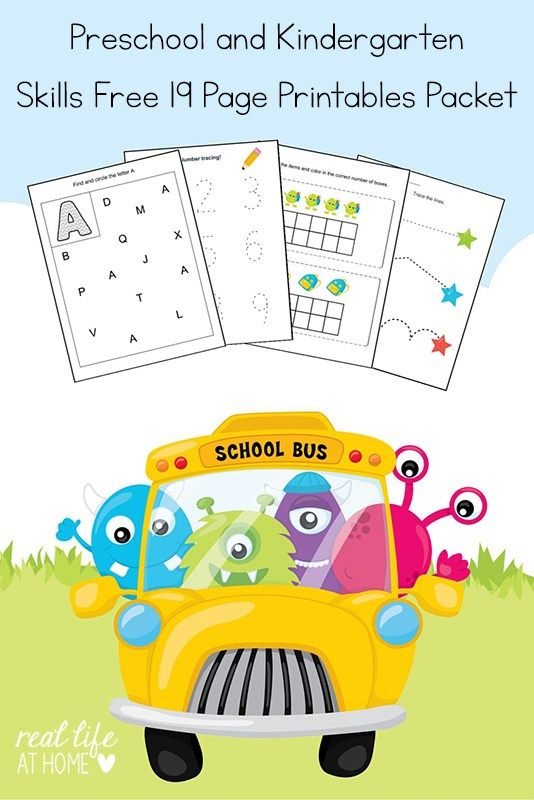
Teaching kids how to manage their own emotions, be respectful, and learn what it means to be a good friend will help them learn important social and emotional skills for life. These skills are important for children to understand and manage their emotions, feel and show empathy for others, establish healthy relationships, set positive goals, and make responsible decisions.
Here are a few tips to focus on with your child:
Listening
- How to listen when someone is talking
Self-Control
- How to keep hands to self
Manage and Self-Regulate Emotions
- How to deal with emotions and use words to express them
- Knowing when to tell someone how they feel
- Walking away from someone or something that’s making them upset
- Finding a quiet place to color, read, or sit quietly
- Closing their eyes, taking deep breaths in and out, and counting to ten or tracing their fingers
- Doing something they love that makes them happy
*Make sure children know to always tell a teacher if someone is hurting them.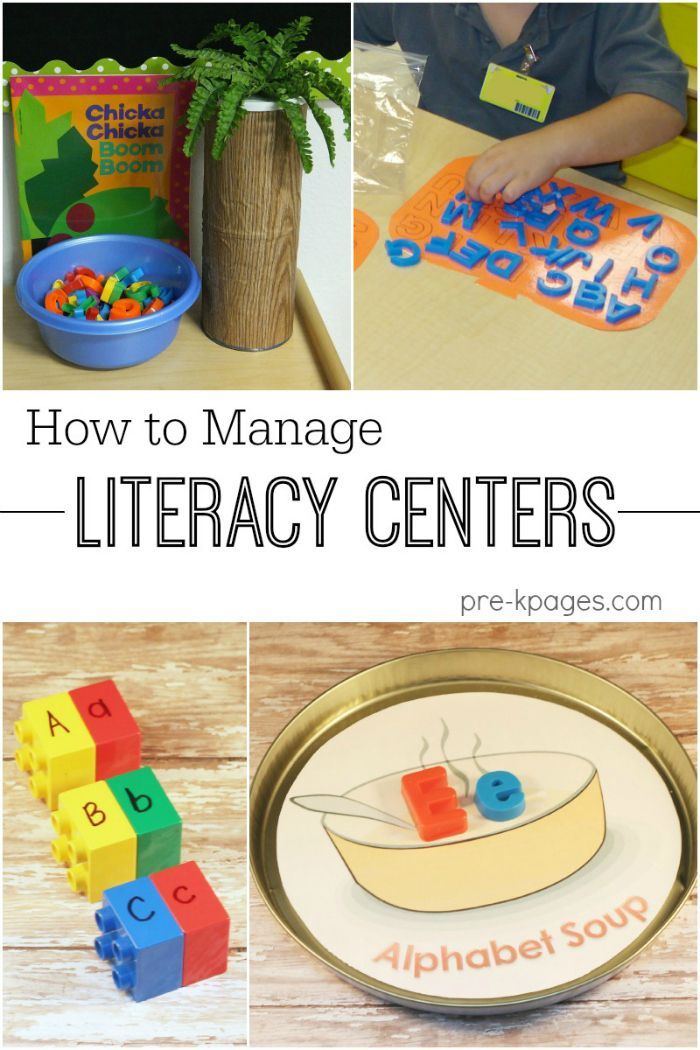
3. Following Routines and Rules
When children enter kindergarten, their days will be structured with routines and rules they will need to navigate. Help your child get used to this by beginning these transitions at home.
Start Weaning Your Child off Afternoon Naps
- Start a few weeks ahead of the first day of school, cutting the nap time in small increments until your child can stay up without a nap. You may need to transition your child to an earlier bedtime.
Start a Bedtime Routine
- Getting a good night’s sleep is important and helps children feel energetic and ready for school the next day.
- Have a consistent bedtime and routine, such as taking a bath, brushing teeth, changing into pajamas, and reading a bedtime story.
Set a Time Limit for Eating Lunch
- There is only a limited time to eat lunch or snacks at school. Try having your child finish eating lunch within 15–30 minutes, while staying seated.
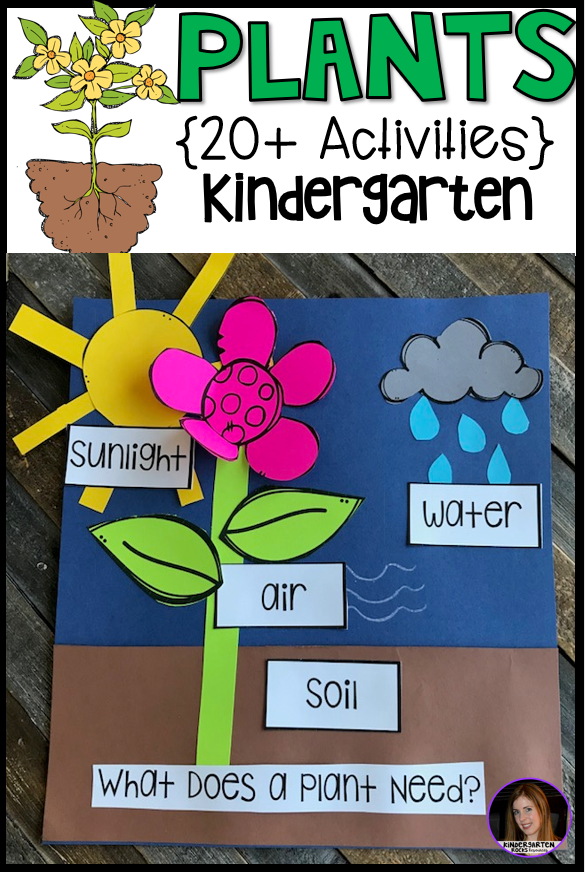
Download your free printable kindergarten life-skills checklist here!
Activities to Help Your Child Get Ready for KindergartenActivities to Help with Routines
- Create a Schedule
- Display your schedule and have your child look at it after each activity is completed.
- Use poster board, Velcro, and construction paper to create your own schedule.
- Illustrate pictures of each activity and write out what the activity is on the construction paper. Place Velcro on the back of your pictures and have your child stick the day’s routine on the poster board and then remove activities when they are completed.
Download this free activity for grades PreK-K about a creating a morning schedule.
Activities to Help Your Child Learn Rules and Follow Directions
Point out the importance of following directions.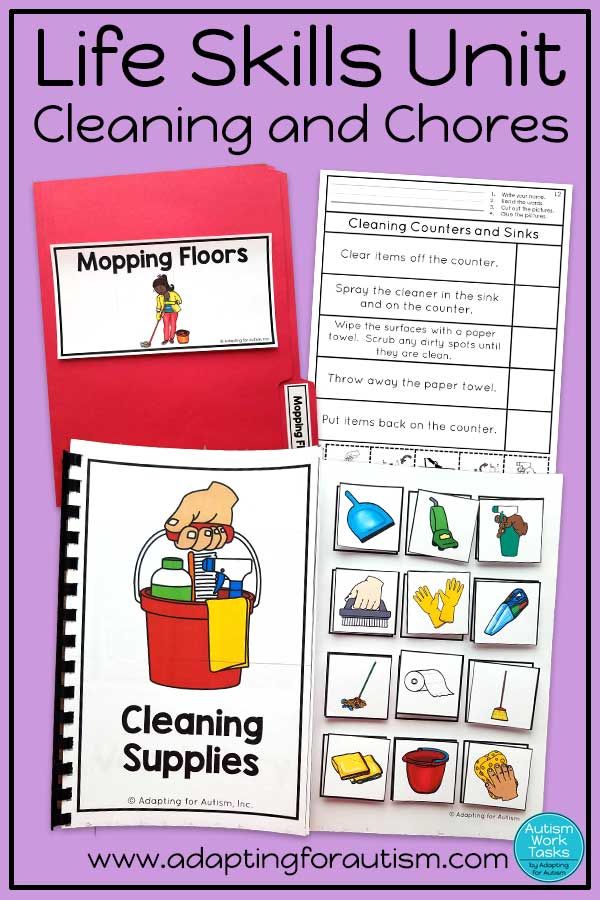 Rules and following directions help keep children safe.
Rules and following directions help keep children safe.
- Play Simon Says (great game to practice being a good listener)
- Follow a simple recipe together
- Do an art project with multiple steps, such as origami or step-by-step-drawings
- Play duck, duck, goose (teaches children not to get up until it’s their turn)
Activities that Practice Self-Help Skills and Fine Motor Skills
- Play dress up with stuffed animals, having your child practice using buttons or zippers.
- Hole punch a piece of cardboard. Have your child weave a string or shoelace through the holes.
- Let your kids help clean up the table when they are done eating (wiping tables, throwing trash away, placing dirty dishes in sink, and washing hands afterwards).
- Opening and closing a backpack: This is a great activity to start when you purchase your backpack for school.
Kindergarten Song
This fun song “I Go to Kindergarten,” is an entertaining way to show children what to expect when they head to school.
Download the words to I Go to Kindergarten here! (Sing to the tune of “You are My Sunshine”)
Additional Safety Skills
Although it is not expected that children will know their parents’ phone numbers when they enter kindergarten, it is a good idea to work with your child to know:
- First and last names
- Phone number (of one or both parents)
- Home address
For more tips and ideas to get ready for kindergarten, check out:
Kindergarten Readiness Checklist: What Does My Child Need to Know for Kindergarten?
Heather Foudy is a certified elementary teacher with over 7 years’ experience as an educator and volunteer in the classroom. She enjoys creating lessons that are meaningful and creative for students. She is currently working for Evan-Moor’s marketing and communications team and enjoys building learning opportunities that are both meaningful and creative for students and teachers alike.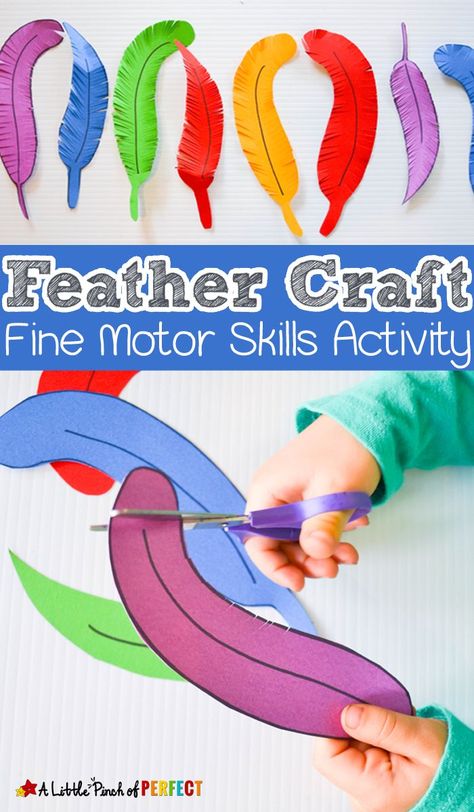
Categories: Uncategorized | Tags: chores for kindergartener, kids chore list, kids skills list, kindergarten checklist, kindergarten lifeskills, kindergarten readiness, kindergarten skills, preschool lifeskills, preschool skills, skills for school, what does my child need to know for kindergarten | Permalink
9 Skills Every Child Should Be Prepared For Before Entering Kindergarten — Inna Koshuba on vc.ru . Kindergarten gives children the opportunity to grow and develop through play and interaction.
29 views
Photo: Ecovillage Nikolino Park in Krasnodar
At preschool age, children learn to strengthen their social and emotional development. Children learn to show respect and solve problems. Kindergarten provides children with an environment in which they can explore, gain self-esteem, play with peers, and develop self-confidence.
1. Recognize name
Your child's name will be everywhere in the kindergarten group - on boxes, folders, tables and much more.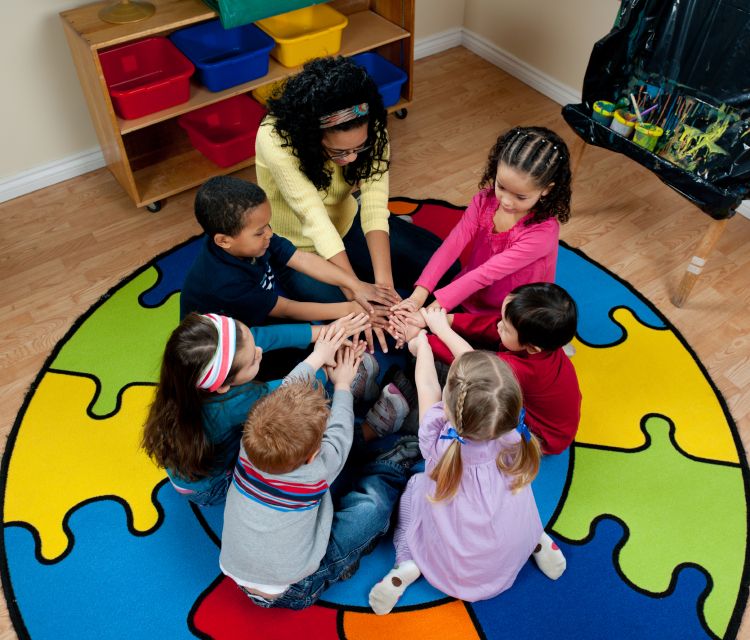 Help him to know his name at a glance, say the letters in his name and write his name as best as possible.
Help him to know his name at a glance, say the letters in his name and write his name as best as possible.
2. Name the letters of the alphabet.
To be ready for kindergarten, your child must know at least half of the alphabet.
3. Determine the dominant hand
Is your child right or left handed? Hand dominance is determined in utero before the baby is born. But the precise, skillful use of one hand over the other may not be fully established until your child is 4-6 years old - around kindergarten. If your child's hand dominance is already clearly established, your kindergarten teacher will readily recognize this. If this is still unclear to you, be sure to let your child's caregiver know.
4. Know how to properly hold and use scissors
If you haven't given your child scissors yet, it's time to start. Pretty safe scissors with rounded ends are sold now.
5. Name and recognize colors
The child should be able to recognize and name the primary colors red, orange, yellow, green, blue, purple, black, brown and white.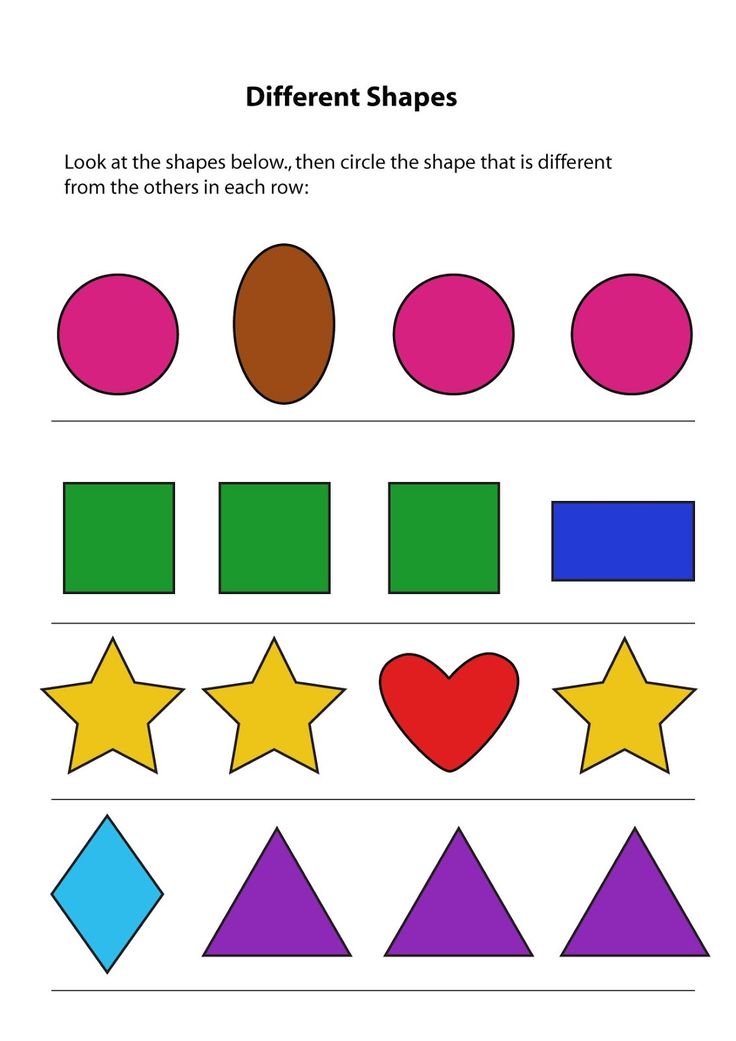 Color recognition helps kids with one of the earliest basic math skills – sorting.
Color recognition helps kids with one of the earliest basic math skills – sorting.
6. Count and recognize numbers up to 10
Most preschoolers learn to count, to recognize numbers up to 10. This skill is the easiest to teach, we have 10 fingers and toes. We count!
7. Make rhymes
Nursery rhymes have been the beginning of literacy for many generations. Recognizing words that rhyme is an important first step in preparing for kindergarten and reading. If nursery rhymes are not part of your family's repertoire, you can play a simple rhyming game. Say any word ("Cat") and ask the child to tell you a rhyming word ("Mouse") in response.
8. Play and share with peers
Kindergarten is not only preparation for studies, but also social development. To prepare for kindergarten, encourage your child to play and share with peers and siblings. Remind them, "Treat others the way you want to be treated." Schedule meetings with peers at home, in the park, or at the playground.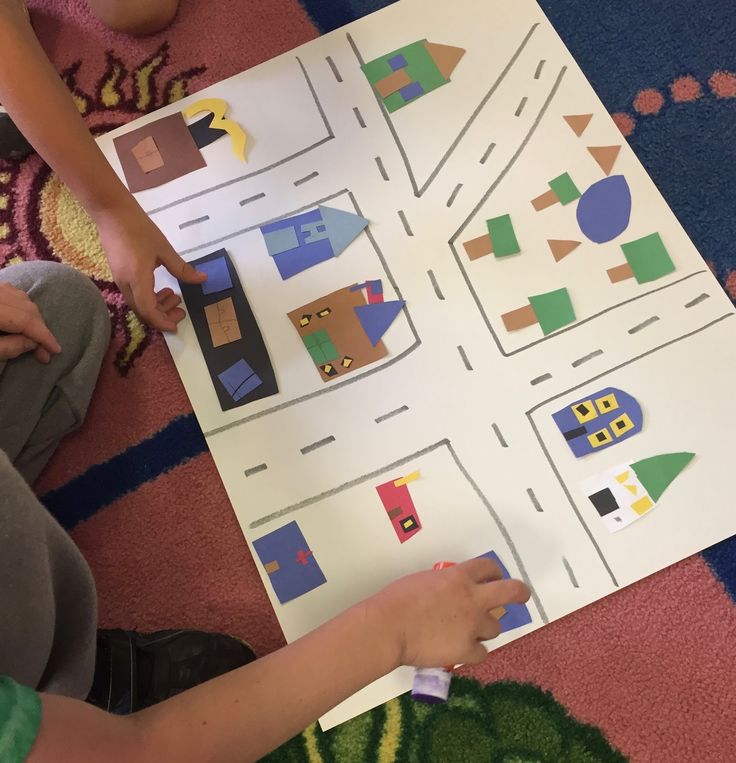
9. Basic hygiene and personal care
To prepare for kindergarten, your child will need to be able to use their own bathroom, including drying themselves and washing their hands. They are also expected to eat lunch and snacks, mostly on their own, including cleaning their seats and properly disposing of garbage.
Remember, when you start the school year in kindergarten, the teacher is a huge resource and partner in your child's education. Educators always welcome open communication and encourage you to share concerns, desires and personal preferences of both yours and your child.
It is interesting and useful about houses, cottages, everyday life, family in our Telegram channel - Nikolino Park cottage village in Krasnodar. Subscribe!
Essential Skills for Kindergarten - Child Development
Today's parents strive to give their children all the necessary life skills as early as possible so that in the future they will not be left out when other children play together.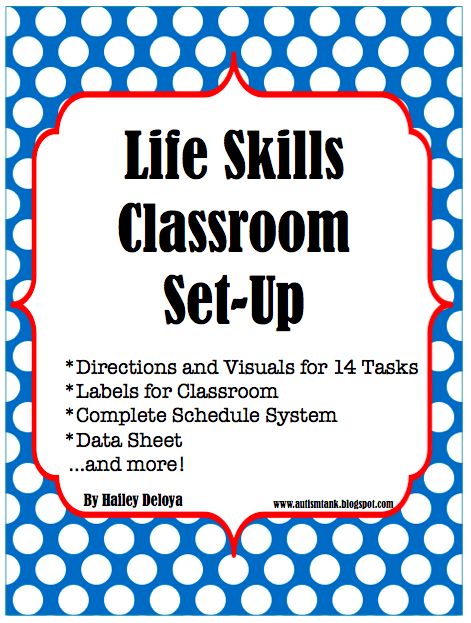 They also believe that these skills help children learn, play and make friends. So what are life skills? It is how we learn through experience and comprehensive training, how we manage our behavior within or outside the family. Thus, life skills develop important social-emotional competencies.
They also believe that these skills help children learn, play and make friends. So what are life skills? It is how we learn through experience and comprehensive training, how we manage our behavior within or outside the family. Thus, life skills develop important social-emotional competencies.
However, these competencies do not emerge in children on their own. They are taught, they are acquired gradually, over time, in the process of observing others living in accordance with social norms that they respect and adhere to in the family. Socio-emotional competencies are not inherent in man by nature. It is a learned skill that includes hundreds of choices throughout the day that we make to meet the expectations of our body, mind, soul, peers, family, and teachers. It is important to develop this skill by the time the child goes to kindergarten.
Children begin to acquire life skills long before school by living everyday situations with adults. For example, when you buy groceries for your preschooler, he observes how you make choices (based on whether it is healthy or not), look at prices, compare items, talk about why you choose this one and not other brand; how you treat the staff in the store, how you respond to the demands of children to buy more cookies, how you greet friends, use your mobile phone, etc.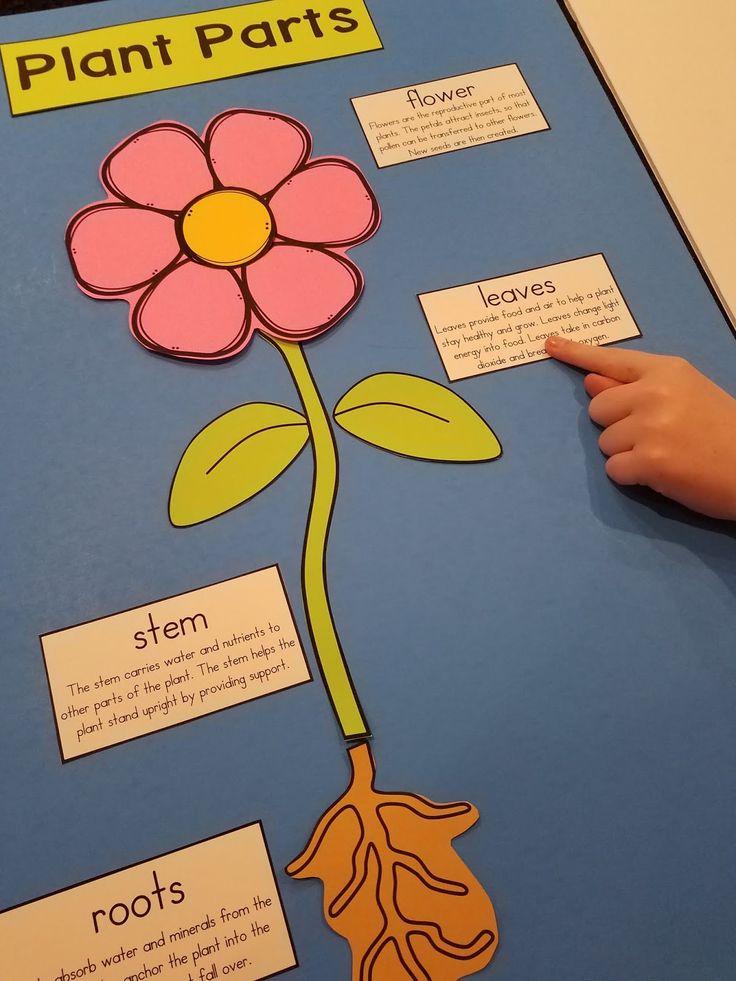 In this way, going to the store turns into a real social-emotional lesson.
In this way, going to the store turns into a real social-emotional lesson.
Below we look at skills that children typically develop during preschool years.
Body care – independent dressing and undressing (in this case, the child begins to choose the right clothes according to the weather and expected activity), using the toilet, washing hands, using simple cutlery and utensils, scissors and pencils, and other stationery for creative activities, including drawing.
Social interaction skills. Play is the training of social skills and emotional intelligence, the ability to play with other children is a vital skill. Fluency in language (correct pronouns and verb tenses) helps children express themselves in order to interact with the world around them. Learning to wait your turn, think before you act, and be able to talk to adults are essential (and incredibly useful) in kindergarten.
Information management. In kindergarten, children should be able to follow their teacher's instructions in order to acquire knowledge through active listening.